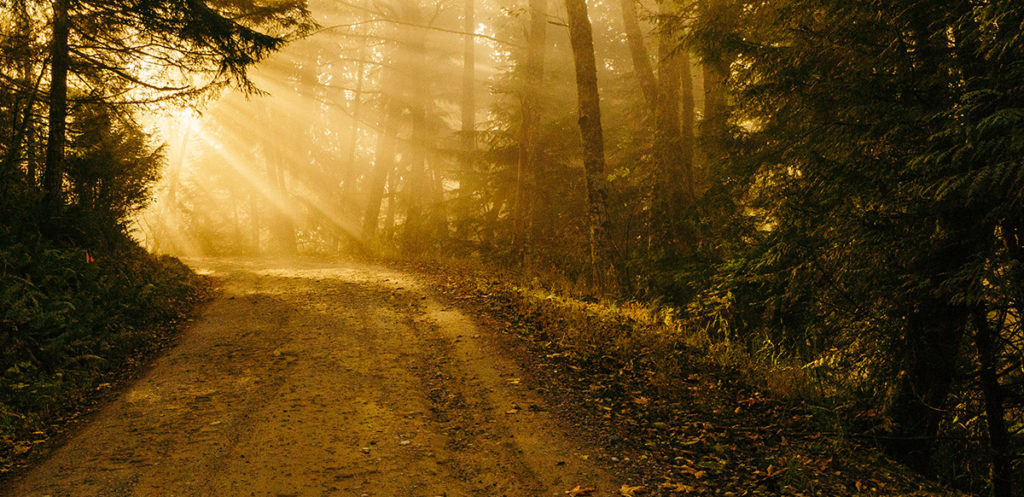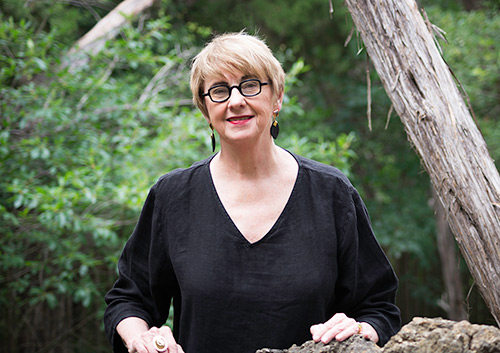
The Grief Journey:
Introduction
When someone in our life dies by suicide, we suddenly find ourselves on a journey we never planned to take. A journey for which we have no map. A journey with no road signs to guide us.
Like you, I traveled this journey. The day we found my Granddaddy Jim dead by his own hand in the cornfield on the rise above the farm house in Georgia, my journey through the unknown began. Years after his death and other losses, I found myself looking back and writing about this journey through grief, to see if in hindsight, I could identify where I had been and how I had found my way through to a new horizon.
My efforts resulted in the book Seven Choices: Finding Daylight After Loss Shatters Your World, a book chosen by The American Red Cross to distribute to volunteers working with families of 9/11 and a book that was the subject of two Public Television one-hour documentaries. Seven Choices was a Psychology Today Book of the Month and is currently in its fourth edition. It has been used by support groups all over the world
In the seven sections that follow, I’ve identified the places we all find ourselves at some point, during this journey. Informed by my own experience and by the stories of hundreds of others, I’ve shared with you what people say is normal at different spots in the journey, what helps, and what choices lead to finding daylight after terrible loss has shattered one’s world.
It is my honor to share excerpts from my book with you – my fellow suicide loss survivors.

